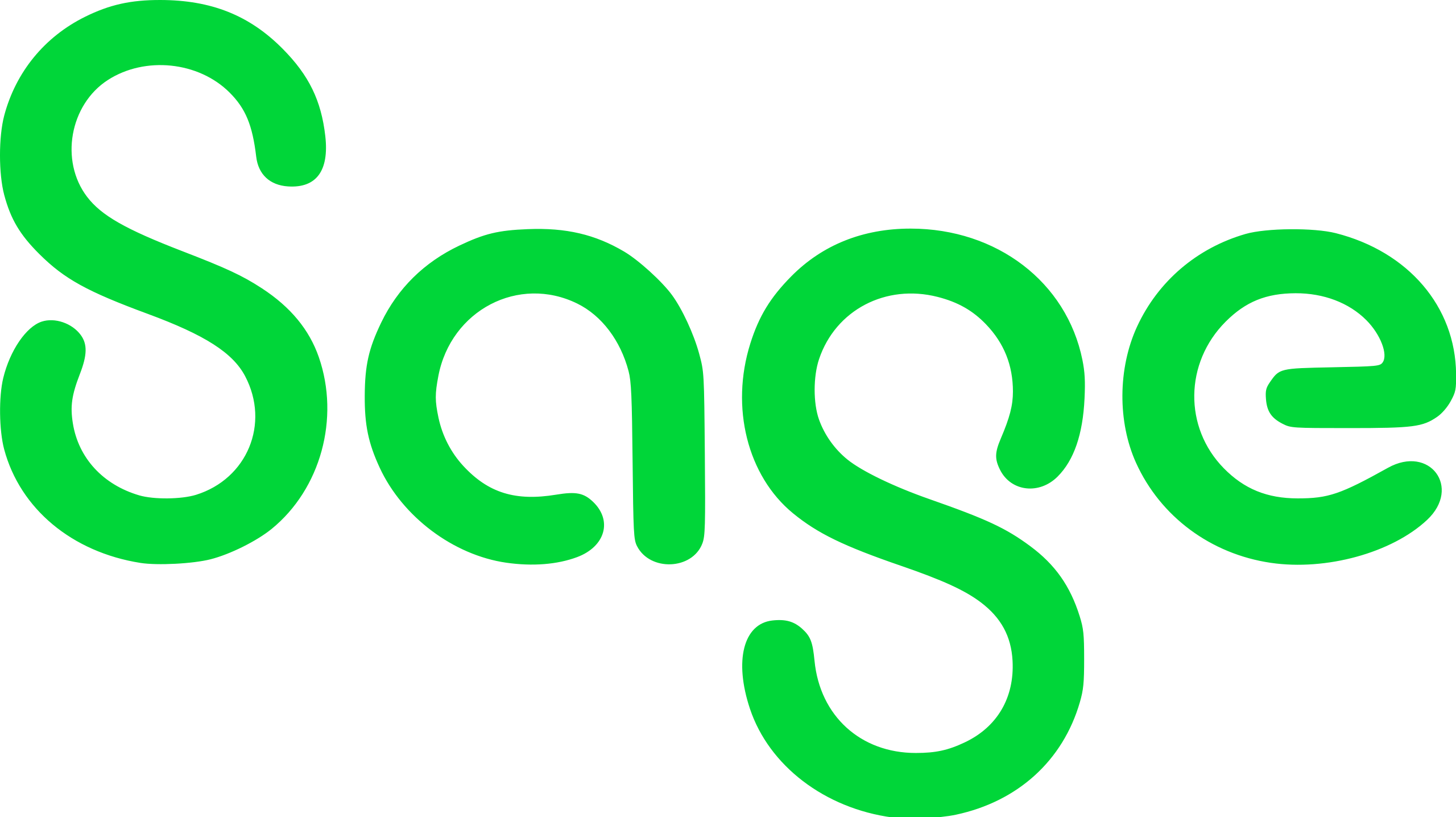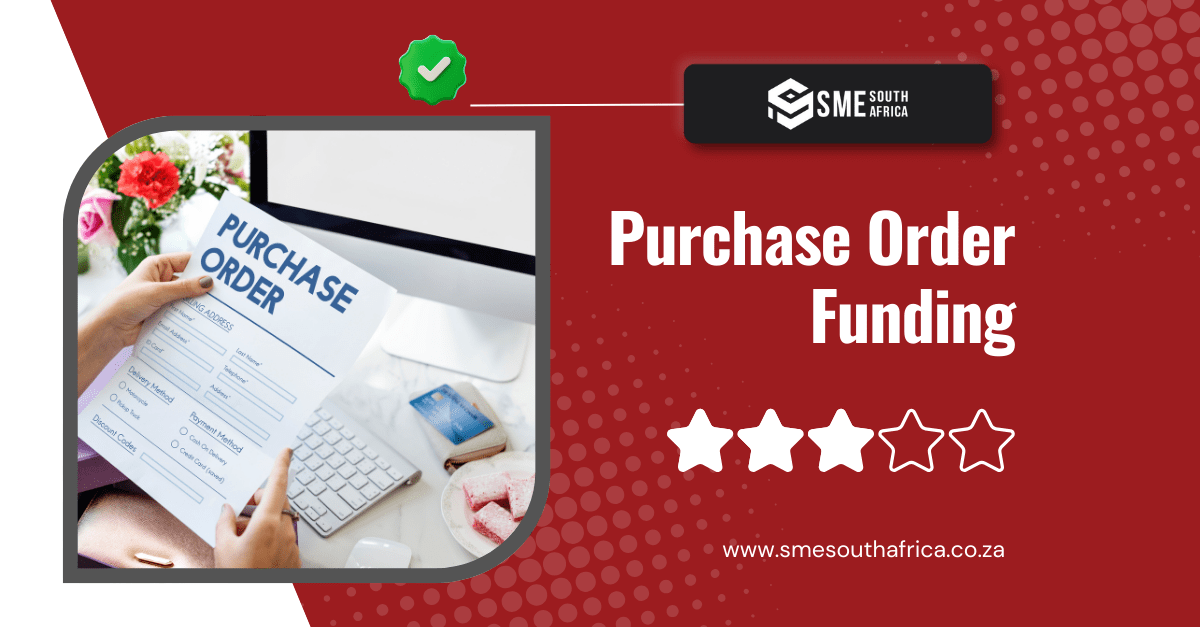
When the business reaches a point that forces it to scale and seek funding, the fundability of the business will rely heavily on the business’s financial history and current behaviour.
But having structured payroll on accounting processes in place will give funders a clear view of where the business funds are going and how much is going into payroll.
In this article, we aim to help business owners understand how payroll and accounting systems improve findability.
How Does Payroll Affect Funding?
Investors and funders want to know that they’re investing in a company that prioritises workforce management, as well as the costs associated with that. Apart from that, payroll systems are beneficial for the financial health of your business.
If you invest in automated tools, it makes it easier to keep track of your finances. Integrating your HR payroll into your accounting system can be a game changer for your business. Having integrated doesn’t merely make you look, but can help ensure you don’t lose revenue.
According to a study by IDC, inefficiencies can lead to up to 30% in revenue loss. But how does this connect to the fundability of your business?
Inefficient payroll and accounting practices can subtly erode a business’s perceived stability and growth potential in the eyes of potential investors and lenders in several ways:
Negative Cash Flow Balance: If you have inaccurate payroll systems, those inefficiencies and errors can lead to cash outflows which can directly affect the financial health of your business. While funders might not look for businesses with a large stash waiting to be spent, they look for a strong, predictable, and healthy cash flow.
Inability to Accurately Track Finances: Having inaccurate or missing finances makes you look like a sketchy business that doesn’t know how to handle finances. When funders consider giving you money, they need to trust you, and poor accounting makes it difficult for investors and lenders to get a clear picture of the company’s true financial health.
Compliance Risks and Penalties: Poor finances and inaccurate reports are basic compliance mistakes that businesses can easily avoid. By optimising payroll and accounting systems, you avoid the risk result of non-compliance with tax laws and labor regulations, which can lead to fines, legal issues, and a messed-up reputation. This indicates poor management and potential future liabilities.
Operational Inefficiencies: If payroll and accounting are inefficient, it often points to broader operational weaknesses. This can lead to increased administrative costs, wasted resources, and lower profitability, which detracts from growth potential.
Use Accounting Systems to Accurately Forecast Finances
Without accurate historical financial data from seamless accounting, a business struggles to analyse their finances to make data-driven decisions and predict future performance.
Being able to predict your future performance is a crucial step in showing investors and lenders that you can deliver a return on their investment. Investors rely on these forecasts to assess growth potential and ROI.
If you still use manual payroll and accounting systems, you can still make the switch to using technological tools to improve your business operations.
3 Payroll and Accounting Systems to Integrate into Your Business
If you need some guidance regarding the kind of tools you can integrate into your business, we’ve compiled a list of three tools you can integrate into your business in a more streamlined and effective process. The best part about these tools is that they include payroll, accounting, and financial record-keeping tools:
1. Sage Payroll Software
Sage is a well-established accounting and payroll tool that’s trusted by thousands of South African entrepreneurs. It offers cloud-based payroll services with built-in compliance tools to help you meet South African Revenue Service (SARS) regulations with ease.
But its real power lies in how it syncs your payroll with your financial records, offering a full view of labour costs, tax liabilities, and forecasts, all in one dashboard.
2. Xero
Xero is popular for its user-friendly design and seamless integrations with third-party apps, including payroll systems like SimplePay. For small business owners constantly on the move, Xero’s mobile app allows you to send invoices, reconcile bank statements, and monitor payroll transactions from anywhere.
3. QuickBooks
QuickBooks remains one of the most versatile tools on the market. Its payroll function integrates effortlessly with accounting, giving business owners access to automated tax calculations, salary processing, and even leave management. It also offers easy-to-understand dashboards that display financial health indicators. It’s great for preparing investor pitch decks or loan applications.












